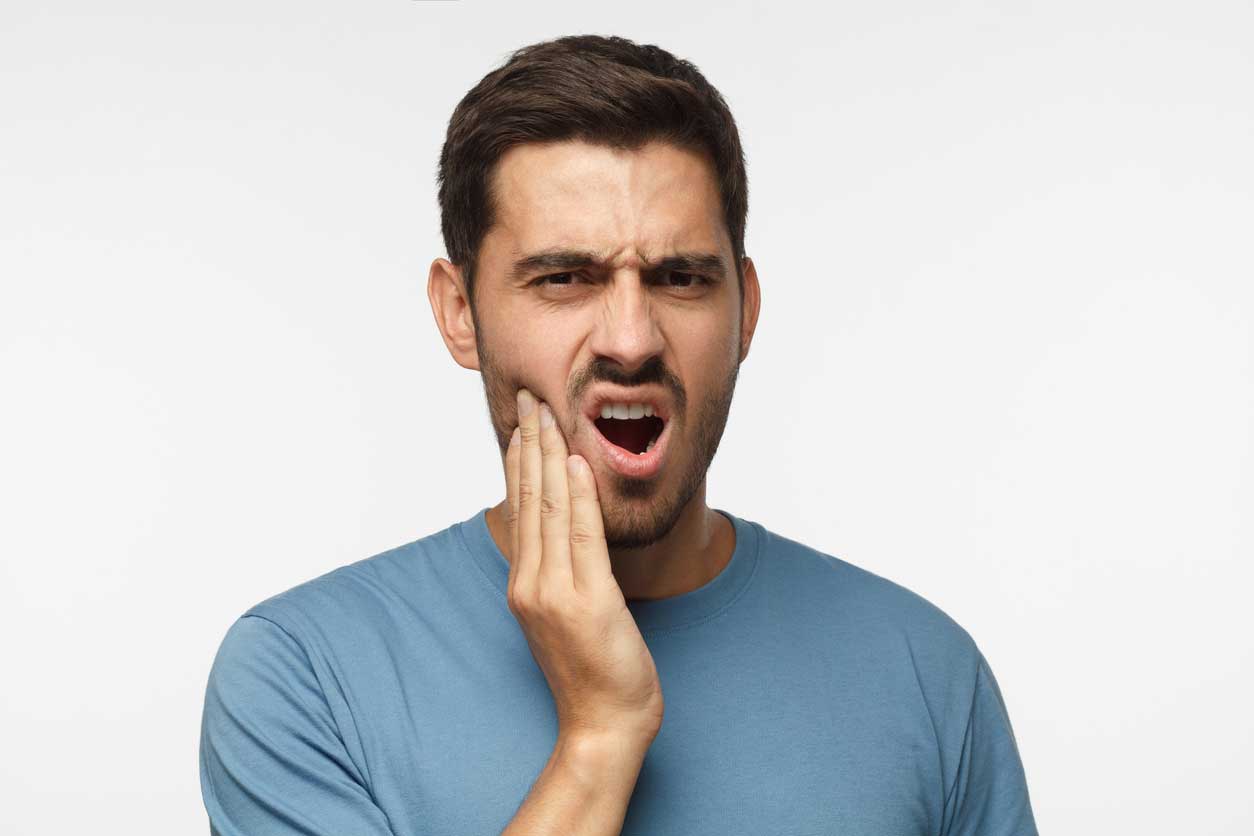Have you ever caught yourself clenching your teeth during the day, or grinding your teeth at night? Have you ever woken up with headaches, jaw pain, sensitive teeth or even loose teeth? If so, you may have a condition called bruxism. Bruxism is the involuntary grinding or clenching of teeth and can occur when you are awake or asleep.
There are some factors, which can increase risk of developing bruxism including:
- Stress levels – High levels of stress are a common cause of bruxism
- Family history – Bruxism can be hereditary
- Medications – Some antidepressants may increase the risk of teeth grinding
- Other conditions – People with Obstructive Sleep Apnea are more likely to develop bruxism
- Age – Bruxism is most common in children
What Happens When I Grind or Clench My Teeth?
Bruxism can have lasting effects on your dental health. Over time, it can:
- Damage your teeth
- Lead to frequent headaches, or neck pain
- Cause issues in the jaw joint, increasing your risk of developing TMJ disorder
How can we put a stop to this?
Nightguards
Nightguards are a the most common treatment for teeth grinding. They’re often made of hard acrylic and fit over your top or bottom teeth. When you clench your jaw or grind your teeth at night, the mouth guard acts as a barrier, protecting the teeth and jaw muscles.
There are several mouthguard options available. However, be sure to avoid boil-and-bite guards you can buy over the counter, as these often do more harm than good. If they are made of soft rubber, they can make the patient want to bite into them repeatedly as it is worn. It’s best to talk to your dentist about a custom-made mouthguard.
Lifestyle Changes
If you grind your teeth because of stress or anxiety, there may be some lifestyle changes that can help. Practicing relaxation techniques, meditation or yoga could be first options to try. If that does not help, you may choose to seek professional guidance.

